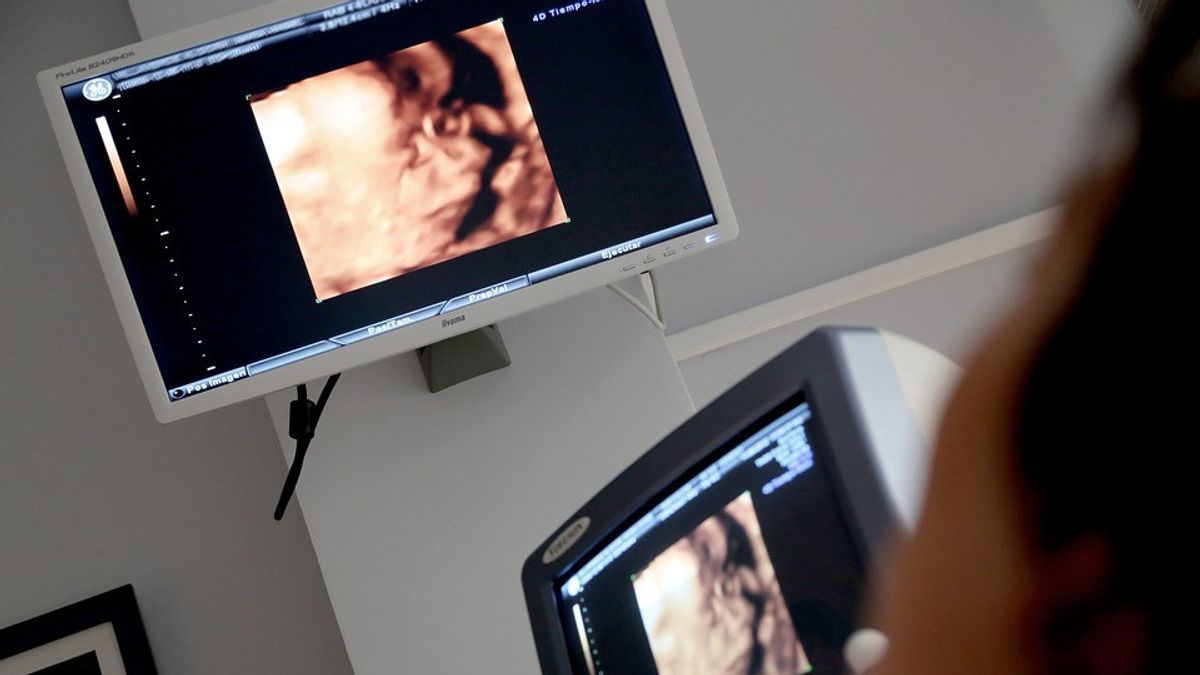YOGYAKARTA Some of us may not know the phomaternal ultrasound. This is a pregnancy examination aimed at examining the blood flow in the uterus or into the fetus.
The phematernal ultrasound can provide a clearer picture of blood vessels, so it is recommended for risky pregnancy.
Doctors will generally recommend a phematernal ultrasound if the pregnancy is suspected of having an abnormality that could affect the health of the fetus or pregnant woman, such as preeclampsia. Not only that, this examination can also check the fetal heartbeat.
The phematernal ultrasound is an ultrasonicographic examination that uses sound waves to assess the flow of blood vessels. This examination can detect abnormalities that occur in pregnant women and fetuses. That way, all forms of abnormalities can be detected early and precise.
The phematernal ultrasound is carried out using Doppler technology which provides a clearer picture of blood vessels than ordinary ultrasound. This examination can show whether the uterus and the organs of the fetal body, including the brain and heart. Its function is to know the fetus in the womb gets oxygen supply according to the needs of the placenta.
Internal ultrasound examinations are usually carried out by phomaternal specialists. The procedure is very similar to the usual ultrasound, which is by indexing a gel in the stomach.
Next, the doctor will move the transducer (the tip of the ultrasound handle) into the stomach skin area. This tool will send a sound wave that bounces off red blood cells when it flows into the fetal body through the central rope.
Image of the results of the examination will be visible on the monitor screen connected to the transducer. With this method, doctors can see more clearly how the blood flows and the condition of the fetus.
At least, there are four types of phomaternal ultrasound that are recommended for high-risk pregnancy, including:
The Condition Of Pregnant Women That Needs Fetomaternal Ultrasound
Usually, doctors will suggest pregnant women do phomaternal ultrasound if they have conditions like the ones below:
For additional information, a phematernal ultrasound examination can be carried out from the gestational age of 8-10 weeks. This examination did not cause pain, but some pregnant women felt uncomfortable when the test was carried out.
That's a review of the phematernal ultrasound. Hopefully this information can help you get to know the phomaternal ultrasound more deeply. To get other interesting news updates, keep reading VOI.ID.
The English, Chinese, Japanese, Arabic, and French versions are automatically generated by the AI. So there may still be inaccuracies in translating, please always see Indonesian as our main language. (system supported by DigitalSiber.id)













